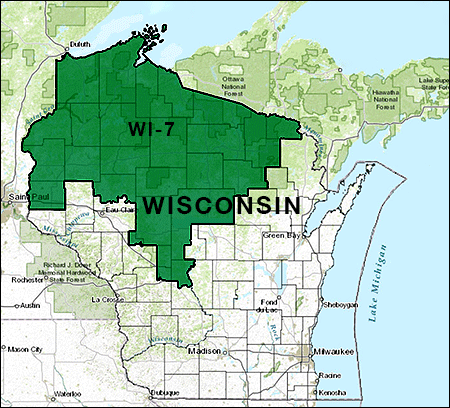By Jim Ellis

Georgia Sen. Johnny Isakson (R)
The news stories have reported the details surrounding Isakson’s departure and his health status, but the succession situation will be the concentration of this update. The development means that both of Georgia’s Senate positions will be on the ballot in 2020. The two will run only semi-concurrently, however.
The first step is for Gov. Brian Kemp (R) to appoint a replacement for Sen. Isakson. The governor will install an interim senator to serve from Jan. 1 until the appointed individual or another is elected. It is believed that the governor will name his choice quickly so that the person will have a transition time to work with Isakson and his staff before assuming the office.
While Sen. David Perdue stands for a second term in the regular cycle, meaning a May 19, 2020 primary followed by a July 21 run-off if no candidate secures majority support in the initial vote, the special election will follow a different format and slightly altered schedule.
The regular general election is, of course, Nov. 3, 2020, but Georgia is also one of the few states that holds a post-election run-off in case no one receives majority support. That run-off will be held Jan. 5, 2021, but it is unlikely that the Perdue race would advance through to such a process regardless of who wins the November vote.
The Isakson seat, however, will not follow the same calendar or system. Since this is a special election called to fill the balance of the current term, which will last until the beginning of 2023, a jungle primary is to be held concurrently with the November election, and the top two individuals, regardless of political party affiliation, will advance to the Jan. 5 run-off if no one receives a majority vote in the first election. For this seat, the odds of seeing a run-off election intensify because a crowded field is expected, thus making it more difficult for any one individual to secure majority support.
One person who will not be competing is former Democratic gubernatorial nominee Stacey Abrams, the former state House Minority Leader. Abrams indicated that she will not be a Senate candidate in either seat next year, preferring to remain focused in her role of working with voter registration and turnout organizations.





 Aug. 21, 2019 — The Pew Research Center conducted a national poll, of which many Democratic presidential primary questions were asked, but one was particularly interesting.
Aug. 21, 2019 — The Pew Research Center conducted a national poll, of which many Democratic presidential primary questions were asked, but one was particularly interesting.